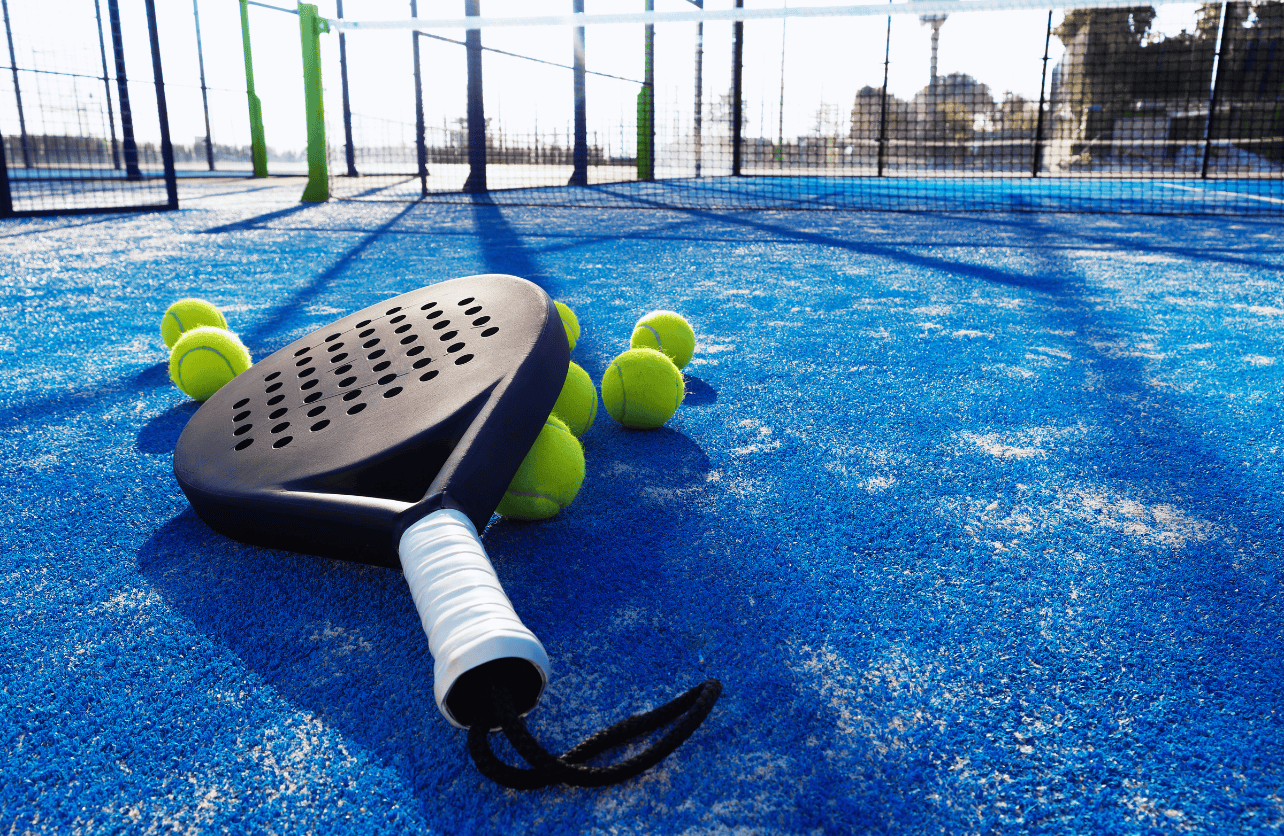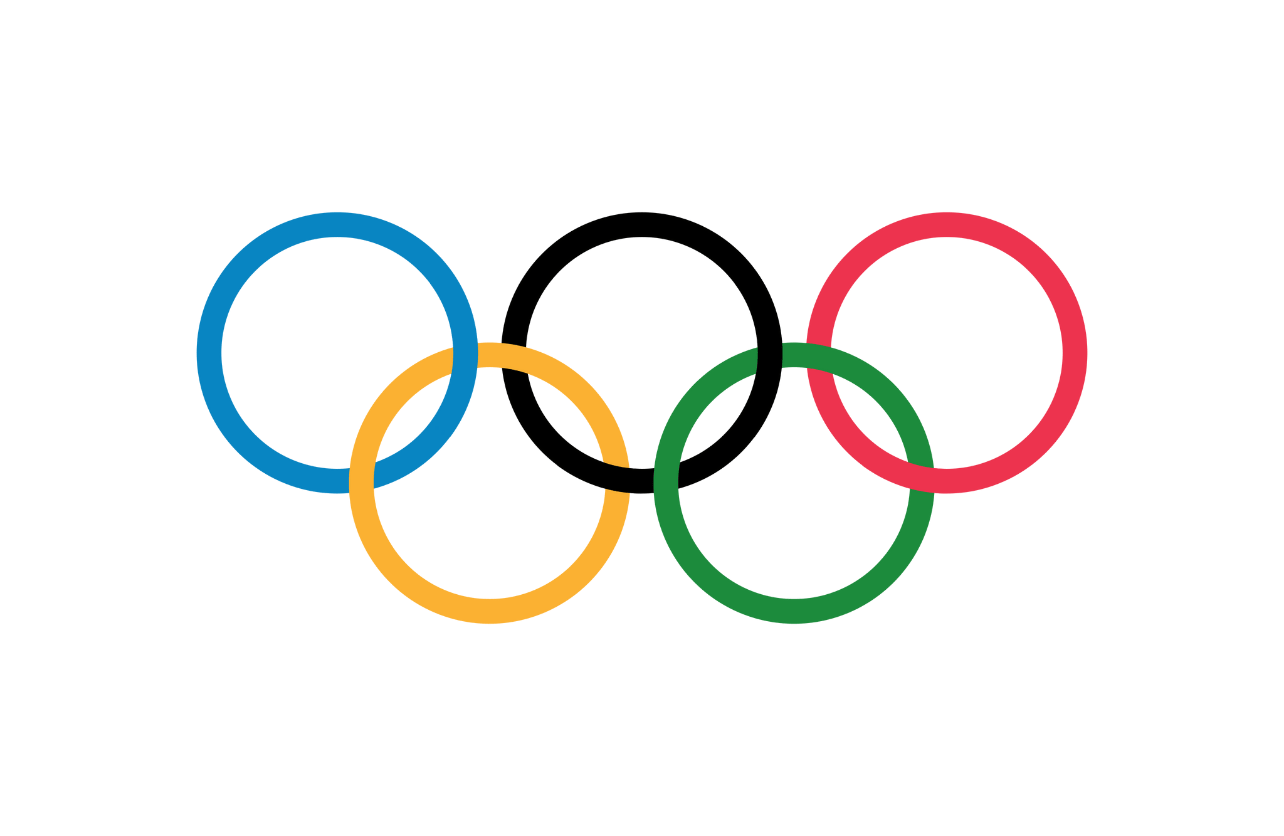Will Padel Be in the Olympics?

Padel’s fast-paced nature, accessible learning curve, and emphasis on teamwork have made it one of the fastest-growing sports globally. With its popularity surging, many enthusiasts are wondering: Will padel be in the Olympics?
While padel’s inclusion in the Olympic Games hasn’t happened yet, the sport has been making strategic moves to position itself for potential future Olympic consideration. Let’s explore the current landscape, the requirements for Olympic inclusion, and what the future might hold for padel.
The Rapid Growth of Padel
Padel’s journey from a regional sport to a global phenomenon is nothing short of remarkable. Originating in Mexico in the late 1960s, it quickly gained traction in Spain and Argentina. Today, it’s played in over 90 countries, with millions of active players worldwide. The sport’s popularity is particularly strong in Europe and Latin America, and it’s now expanding into the Middle East, North America, and Asia.
The sport’s accessibility is one of the main drivers behind its rapid growth. Padel is played on an enclosed court about a third of the size of a tennis court, surrounded by glass walls that allow for creative rebounds and strategic play. Its smaller court size makes it less physically demanding than tennis, attracting a broad demographic, from young children to older adults.
Professional competitions, such as the Premier Padel Tour and the World Padel Tour, have also increased the sport’s visibility, drawing in top-tier athletes and generating substantial media coverage. With this explosive growth, many are now advocating for padel’s inclusion in the world’s biggest sporting event—the Olympic Games.
Why Isn’t Padel in the Olympics Yet?

Despite its popularity, padel was notably absent from the Paris 2024 Olympics and is not slated for inclusion in the Los Angeles 2028 Olympics. This raises the question: Why hasn’t it made the cut?
To understand this, we need to look at the International Olympic Committee’s (IOC) requirements for adding new sports:
- International Reach: The sport must be widely practiced by both men and women across different continents.
- Governing Body Recognition: It must have an internationally recognized governing body that adheres to the Olympic Charter.
- Youth Appeal and Global Interest: The sport should appeal to younger audiences and have the potential to engage a global fanbase.
- Infrastructure and Logistics: The facilities required should be manageable for host cities without incurring excessive costs.
While padel meets several of these criteria, including widespread participation and youth appeal, it faces challenges in terms of global reach and organizational structure. Currently, its strongest presence is in Europe and Latin America, with emerging markets in the Middle East and North America. To satisfy the IOC, the sport needs more growth in Asia and Africa.
Efforts to Get Padel Into the Olympics
The International Padel Federation (FIP) has been actively campaigning for Olympic inclusion. In October 2024, the FIP launched a dedicated project aimed at promoting the sport’s international expansion and aligning with the IOC’s requirements. This initiative includes:
- Expanding the Sport’s Global Reach: Increasing participation in underrepresented regions, particularly Asia and Africa.
- Organizational Development: Strengthening its governance structure to meet IOC standards.
- Youth Engagement and Promotion: Creating programs to attract younger audiences, which is a key criterion for the IOC.
A significant milestone was achieved when padel made its debut at a major multi-sport event during the 2023 European Games in Kraków, Poland. This was the first time padel was featured in a prominent international sporting event, showcasing its potential as an Olympic sport. This visibility not only introduced the sport to new audiences but also demonstrated its logistical feasibility for large-scale events.
The next potential opportunity for padel’s inclusion would be the Brisbane 2032 Olympics. The FIP and the broader padel community are strategically working towards this goal, hoping to capitalize on the sport’s continued growth and international expansion.
Challenges to Olympic Inclusion
While momentum is building, several challenges remain:
- Global Presence: Padel needs to continue expanding its presence in Asia and North America, two key regions for Olympic consideration. Without widespread participation on these continents, it will be challenging to demonstrate its global appeal.
- Competition with Other Sports: The IOC has been cautious about adding new sports due to scheduling constraints and cost considerations. Padel faces competition from other emerging sports, including esports, cricket, and parkour, all vying for a spot in the Olympics.
- Perception as a Regional Sport: Although popular in Europe and Latin America, padel is still perceived as a regional sport rather than a global one. Changing this perception is crucial for its Olympic ambitions.
Why Padel Deserves Olympic Recognition
Despite these challenges, there are compelling reasons for padel’s inclusion in the Olympics:
- Youth Appeal and Accessibility: Padel’s fast-paced, dynamic gameplay resonates with younger audiences. It is also accessible to a wide range of players, from beginners to elite athletes.
- Spectator-Friendly and Media Coverage: The smaller court size and exciting rallies make padel highly engaging for spectators. It translates well to both live audiences and broadcast coverage, which is a significant advantage in today’s media-driven sports landscape.
- International Growth and Professionalization: With the rise of professional tours and international competitions, padel is evolving into a globally recognized sport. Its growth trajectory mirrors that of beach volleyball before its Olympic debut in 1996.
The Future of Padel in the Olympics
The question remains: Will padel be in the Olympics? While the path isn’t guaranteed, the momentum is undeniable. The strategic initiatives by the FIP, combined with padel’s rapid international growth, make it a strong contender for future Olympic inclusion.
With the Brisbane 2032 Olympics on the horizon, there’s hope that padel could make its debut as a demonstration sport or even as a full medal event. However, to get there, the sport must continue to expand its global reach, particularly in Asia and North America, and strengthen its organizational structure to meet IOC standards.
Until then, the padel community remains optimistic, working tirelessly to bring their beloved sport to the world’s biggest sporting stage. Whether or not it ultimately makes the cut, one thing is clear: Padel is here to stay, and its rise shows no signs of slowing down.
Trustworthy Insights for You
With years of combined expertise in online publishing, OvertimeReviews embodies the lessons learned from SEO strategies to paid advertising experiences. We've navigated the highs and lows, and our goal remains clear: to equip readers with comprehensive information they can trust.
